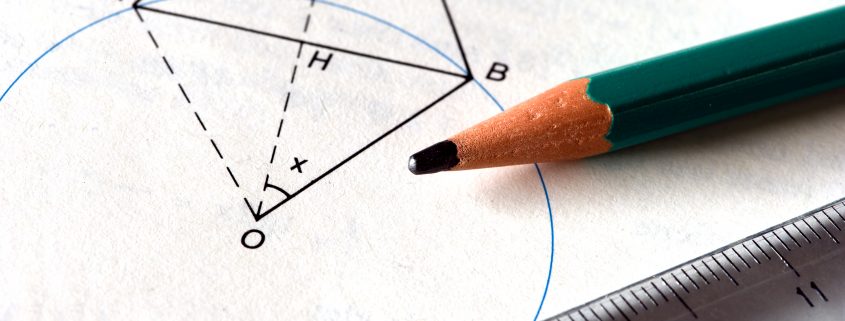EnVal: Moldova – diminishing dependence on Russian energy
With the summer slowly coming down on us and the energy sector both, here are the several trends evolving during the last half of July.
First, we have noticed Moldova proving the will to slowly move towards decreasing its energy dependency to Russia. This seems to mark a strategic shift, considering the political tensions Chisinau has developed, also recently, with the West. In fact, it is a continuation of a trend having started several years ago, as Romania and Moldova increased cooperation in the energy field. Our analysis on the matter is published below.
We have also written about the infringement procedure that the European Commission started against Germany and Hungary for not complying with the Third Energy Package. Our assessment is that while the two countries are the first to be penalized by the Commission, they are certainly not the last ones.
Other relevant issues to the regional energy outlook, that we have briefly commented on, are the case of the Czech CEZ (still going on) exit from Bulgaria, EU’s calls on Ukraine to start the unbundling process of its energy sector, as well as the reports regarding Romania’s government calls to limit the natural gas price for the local market.
If you would like to receive the Enval in your inbox, every two weeks, please register your email here.
Moldova – diminishing dependence on the Russian energy
Taking into account the intense political tensions with the West, we’ve noted a number of developments in the energy sector of the Republic of Moldova. The Moldovan Parliament ratified two loan agreements with the European Bank for Reconstruction and Development (EBRD) and European Investment Bank (EIB) (€160mn euro in total) to finance the €270mn euro project consisting, inter alia, of new electricity inter-connection with Romania, including a back-to-back station in Vulcănești and an extension of the high voltage transmission line from Vulcănești to Chișinău. The World Bank will offer another €70mn financing facility for the project. The European Union is expected to extend a €40mn grant for the same purpose.
Once constructed, the new connection with Romania will potentially decrease the reliance of the Republic on the electricity delivered from the natural gas fired Cuciurgani powerplant, located in the Russian backed separatist area of Transnistria. There are long standing tensions between Chisinau, the self-styled Government in Tiraspol and Gazprom concerning who should pay for the Russian gas used with the separatist area. Gazprom maintains that the entirety of the natural gas deliveries should be billed to Chișinău.
Recently, the Moldovan Government approved a new incentive regime for the energy produced from renewable sources, to encourage investments in wind and solar generation capacities. The legislation was expected to come into effect for some time now. The Moldovan renewable sector is timidly developing, mainly using second hand equipment. We note that the new legislation is offering auction-based long-term power purchasing agreements from installed capacity over a certain threshold.
Last but not least, reports from Chișinău confirm that the last preconditions listed in the privatization agreement of VestMoldTransgaz, the company which will build and operate the Ungheni – Chișinău gas pipeline, are about to be fulfilled, clearing the way for construction permitting and land requisition procedures to start. VestMoldTransgaz was sold to Romanian majority state-owned natural gas transporter, Transgaz, at the beginning of 2018, against the commitment that the Romanian company will build the pipeline that is supposed to bring Romanian gas into the Moldova.
Chișinău seems to be able, so far, to pursue a strategy to reduce dependence on Russian natural gas and energy supplied from the separatist region, despite growing criticism of the international donors over its handling of the latest political issues, including the elections for the Chișinău mayor and the adoption of a fiscal amnesty for those who failed to declare assets in the past.
If you would like to receive the Enval in your inbox, every two weeks, please register your email here.




